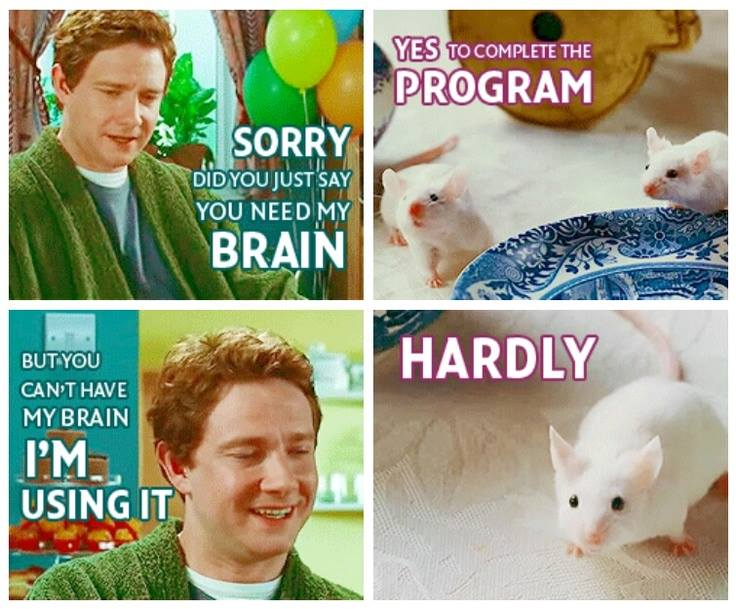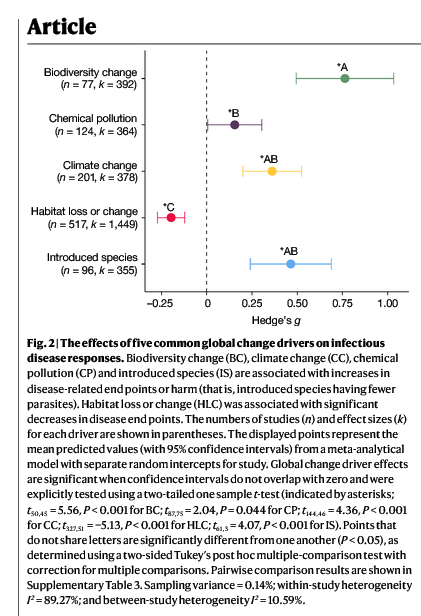vegan science area 📖
26 readers
1 users here now
Psychology, nutrition, anthropology and so on.
Mandatory posting format:
-
If the post is news/YouTube/chart, there must be a comment or description text with papers.
-
If the post is a paper, there should be some general audience summary for the paper (text or link)

founded 7 months ago
MODERATORS
26
28
1
“All animals are conscious”: Shifting the null hypothesis in consciousness science
(onlinelibrary.wiley.com)
29
30
31
32
